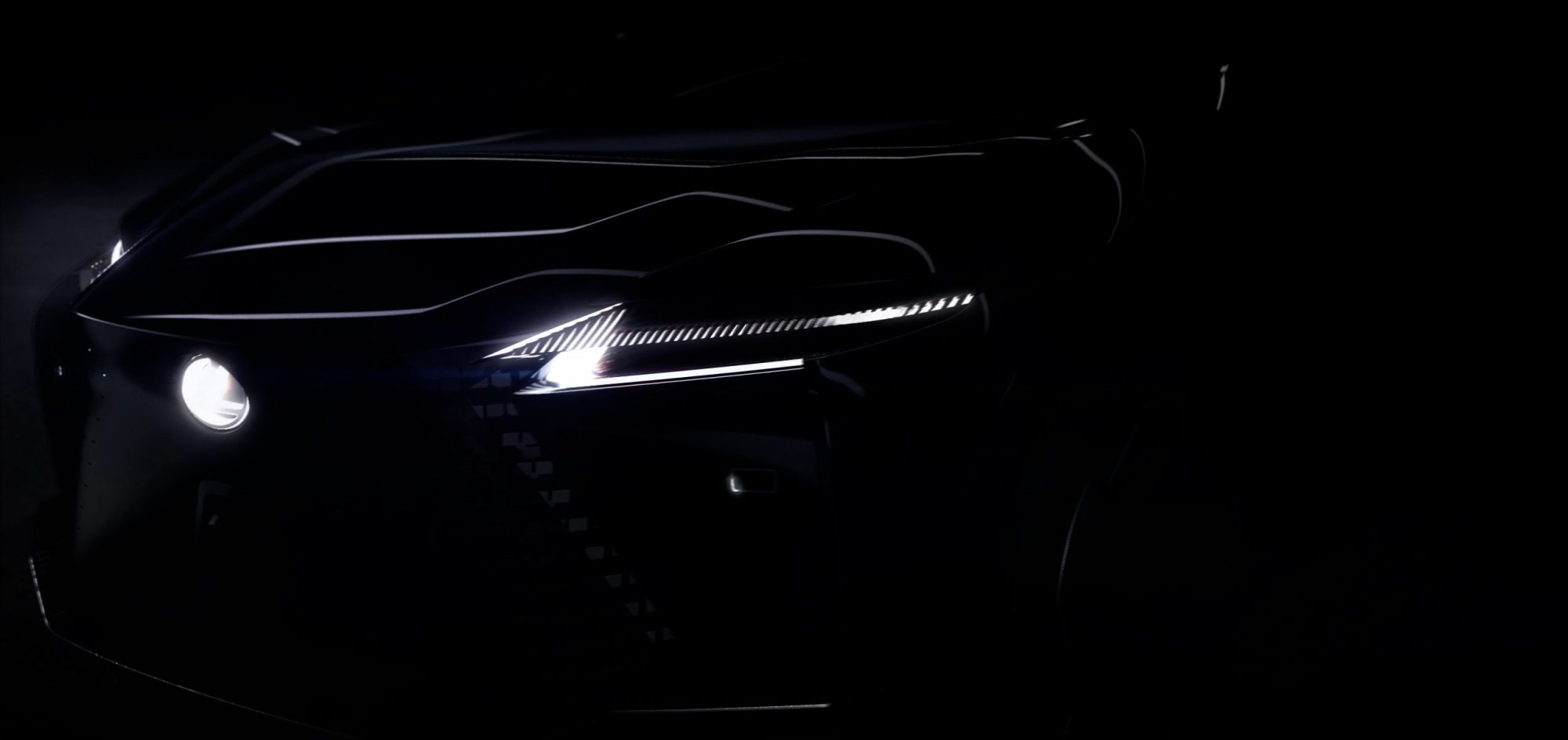Lexus currently has only one electric car in its range: the UX 300e. This compact SUV offers a battery with a capacity of 54.3 kWh, thanks to which it certifies a range of 196 miles. Although the pack does not have an active cooling system, the brand offers a guarantee of 10 years or 1 million miles for the battery.
The Japanese SUV produces 204 hp (150 kW) and 300 Nm of torque. Conceived as a front-wheel drive, the UX 300e does 0 to 62mph in 7.5 seconds, with a top speed of 100 mph. It can access 50 kW DC fast charging (recovering 80% of its range in 50 minutes). However, it is only offered with a CHAdeMO socket (the Japanese standard) instead of CCS Combo 2 (the European measure).
The Lexus UX 300e has been defined on several occasions as a conservative proposition in terms of autonomy, charging, and thermal management of the batteries. However, Toyota’s premium brand is already working on new electric models to complete its offer, currently made up mainly of hybrids.
The firm just released the first preview of its next electric car, an SUV with no thermal equivalent (the electric UX 300e derived from the hybrid UX 250h) that is likely to sit on Toyota’s e-TNGA electric modular platform. Although not confirmed, we should not rule out that it is a derivative of the twin electric SUVs that Toyota and Subaru are developing next year.
On what do we base ourselves to say this? The new Lexus model, which could take the commercial name RZ 450e (which would indicate a range of about 270 miles), will debut the intelligent all-wheel-drive system for electric cars DIRECT4, which reminds us of the technology that Subaru will provide for its joint model with Toyota.
“DIRECT4 precisely controls the torque delivery of the front and rear electric motors and the braking force of all four wheels. By automatically adjusting the balance of the front and rear-wheel drive, the system adapts the driving conditions to the driver’s intentions, changing the driving sensation […].
The system uses an electrified front and rear axle, each with a high-torque electric motor […]. As the engine is directly connected to the wheels via a single drive shaft, it works without delay. ” Although Lexus has not given a specific timetable for the launch of this vehicle, it has been indicated on several occasions that its arrival could occur in 2021.

